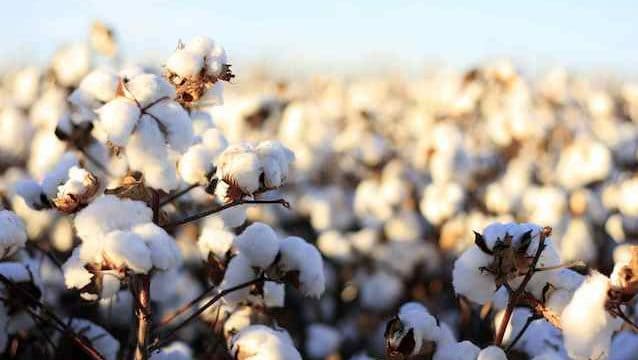The United States Department of Labor has dropped cotton from Uzbekistan from its list of foreign goods produced using child labor.
However, the Central Asian nation is still on the US list of countries where cotton is harvested using forced labor.
Take Action: Suspend loans tainted by Uzbek forced labor.
The list was updated by the United States on September 20, which also saw the addition of Myanmar and Turkey to the list of apparel and footwear made through forced or child labor.
In total, the new Department of Labor report names 76 countries and a total of 148 types of goods.
Just-style reports:
The DoL is required to take steps to ensure the goods on this list are not imported into the US if they are made with forced or child labour, including working with producers to help set standards to eliminate the use of such labour.
Paraguay, which was previously listed for child labour in the cotton sector was removed after ILAB found no children working in cotton in its most recent investigation. But Paraguay was listed in other sectors including agriculture and rural economies.
Similarly, Uzbekistan was removed from the list of cotton produced by child labour. It continues to feature on the list of forced labour in the cotton sector however.
In total, 15 countries are still exploiting children for cotton including Argentina, Azerbaijan, Brazil, Egypt, India, Kazakhstan, the Kyrgyz Republic, Mali, Turkey, Turkmenistan, Tajikistan, Benin, Burkina Faso, China and Zambia.
Seven are also said to practice forced labour for cotton including Benin, Burkina Faso, China, Pakistan, Kazakhstan, Tajikistan, Turkmenistan and Uzbekistan. And seven countries practice forced labour in the garment sector including Brazil, China, Argentina, Malaysia, India, Thailand and Vietnam.
In tandem with the launch of the updated list, Alexander Acosta, the US Secretary of Labor, stated that the US would intensify its efforts to fight th forced and child labor.
“That means enforcing trade commitments, strengthening labour standards, and removing children from dangerous or demeaning work that robs them of their childhoods. This means prosecuting and holding accountable those individuals who force children to traffic drugs, wage battle as part of armed groups or perform sex acts. It means permanently shuttering dishonest recruitment agencies and illicit companies that lure workers with false promises of decent work into abhorrent conditions of forced labor.”
“It is my hope that these reports will provide you with a renewed sense of urgency to continue this fight and bring others along who will join us in the race toward fair global trade – one that gives children their childhoods, forced laborers their freedom, and US workers a fair playing field,” said Acosta.







Freedom United is interested in hearing from our community and welcomes relevant, informed comments, advice, and insights that advance the conversation around our campaigns and advocacy. We value inclusivity and respect within our community. To be approved, your comments should be civil.